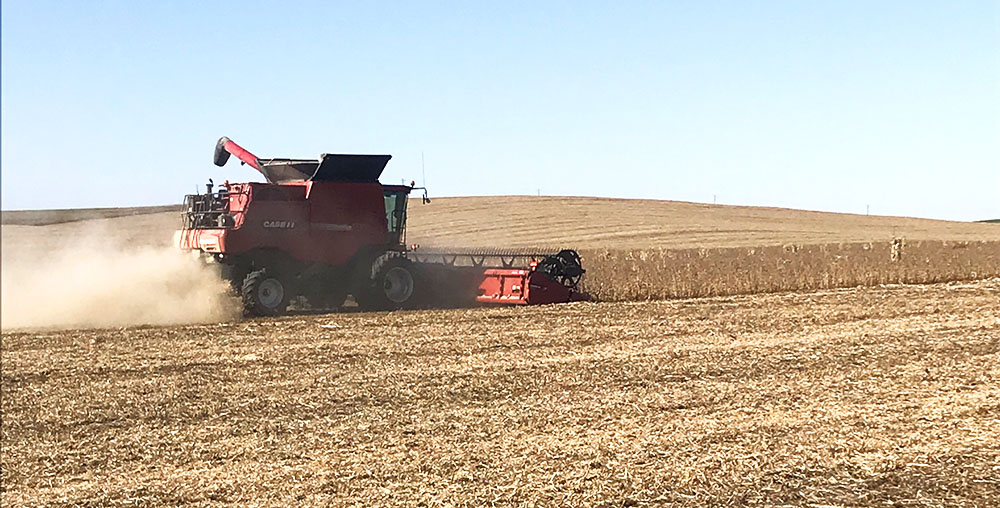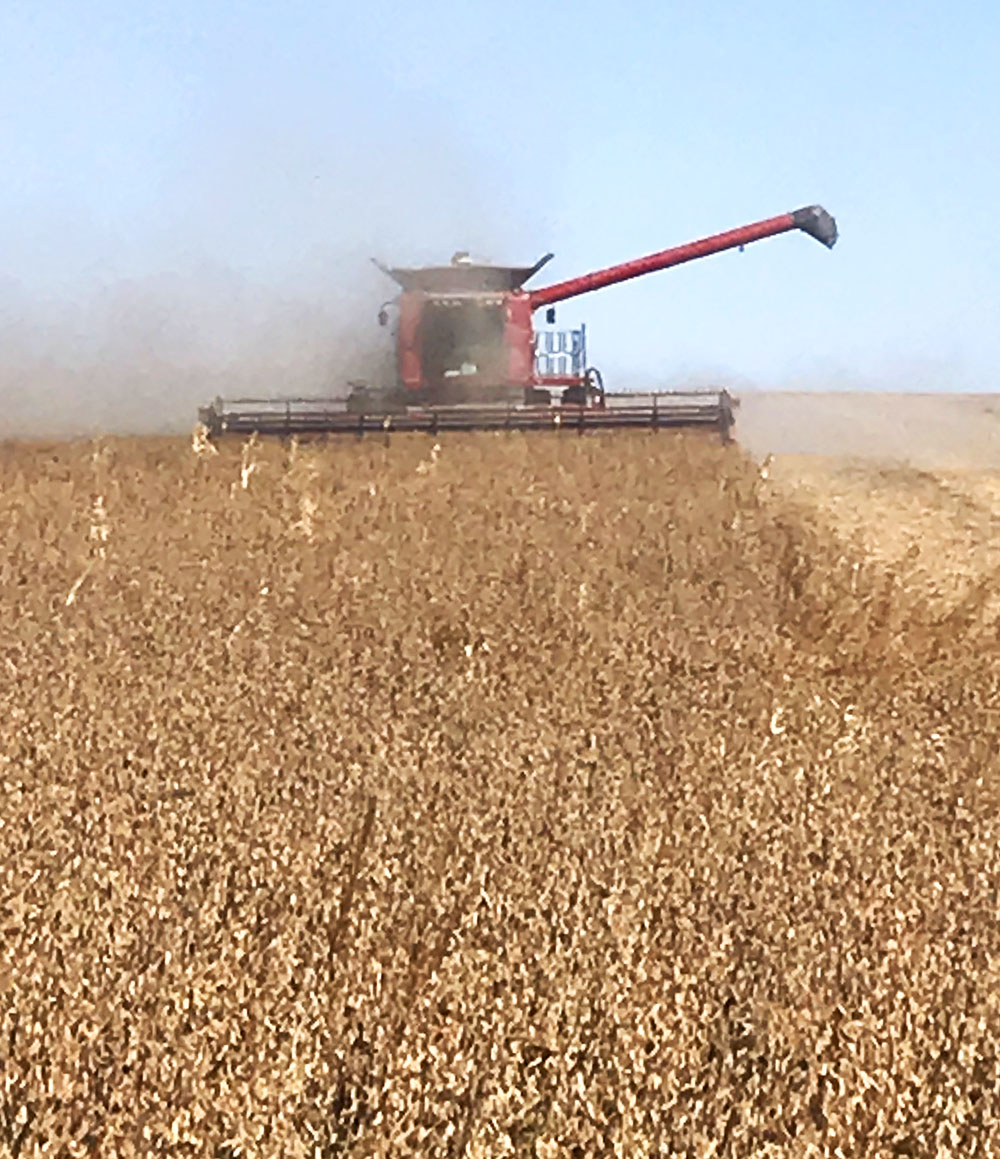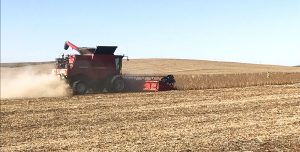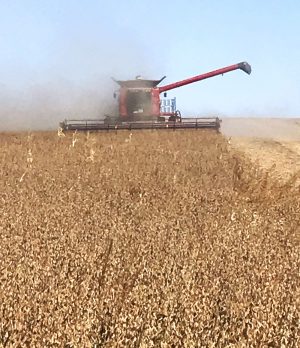Trade war affects Wayne County
Tariffs impact both grain and livestock markets in Northeast Nebraska
October 23, 2018
In August, President Trump placed a 25 percent tariff on imported steel and a 10 percent levy on imported aluminum. On Aug. 23 U.S. Customs and Border Protection officials began enforcing these tariffs, which apply to every country except Canada and Mexico.
Trump’s stated rationale for introducing these trade tariffs was to increase domestic production of steel and aluminum and cut U.S. trade deficits.
The response to Trump’s imposed trade tariffs has resulted in what various experts refer to as a “trade war,” in which countries impacted by the high taxes imposed by the U.S., retaliate with tariffs of their own on exported U.S. goods. One such country, China, is currently the biggest steel producing country. In retaliation for the increased steel and aluminum tariffs imposed by the U.S., China imposed various tariffs on U.S. goods. Among those most impacted by China’s retaliation are U.S. farmers and ranchers. According to the United States Department of Agriculture Foreign Agriculture Service, there were $19.6 billion in U.S. Agricultural Exports in 2017.
“Right now, the taxes Trump put into place didn’t directly hurt us, it was the response and retaliation that China imposed on us that is hurting us the most,” said Jared Anderson, a local farmer.
Most farmers rely on the export markets to raise the prices of their crops. This applies to both grain and livestock producers. Soybeans, cereal, fish and crustaceans, beef, pork, and other meats, fruits, nuts, dairy and forage products are included in the list of taxed agriculture and food products.
“Since the sanctions we imposed, soybean prices have dropped nearly $2.50 and corn has dropped around $0.50,” Anderson said.
In response to China’s retaliation tariffs, Trump has offered certain programs in an effort to support U.S. farmers. “President Trump is standing by the farmers and helping them out with a bit of a payout for 2018’s soybean crop,” said Payton Janke, a local farmer. “So, every little bit helps.”
Not only are grain prices effected, but the livestock market is affected as well. The hog market is the most affected.
“The trade tariffs on steel and aluminum has hurt the U.S. soybean and hog farmers the worst as we export a lot of soybeans and hogs to China,” said Austin Schmale, a local farmer. “It could affect the beef market long-term if we as a country sell less pork to China and could lead to a surplus amount of pork in the U.S. and that would cause the price of pork to go down, which if that happens, more people might start eating more pork instead of beef to save money, which would cause the price of beef to go down, but that has yet to happen.”













